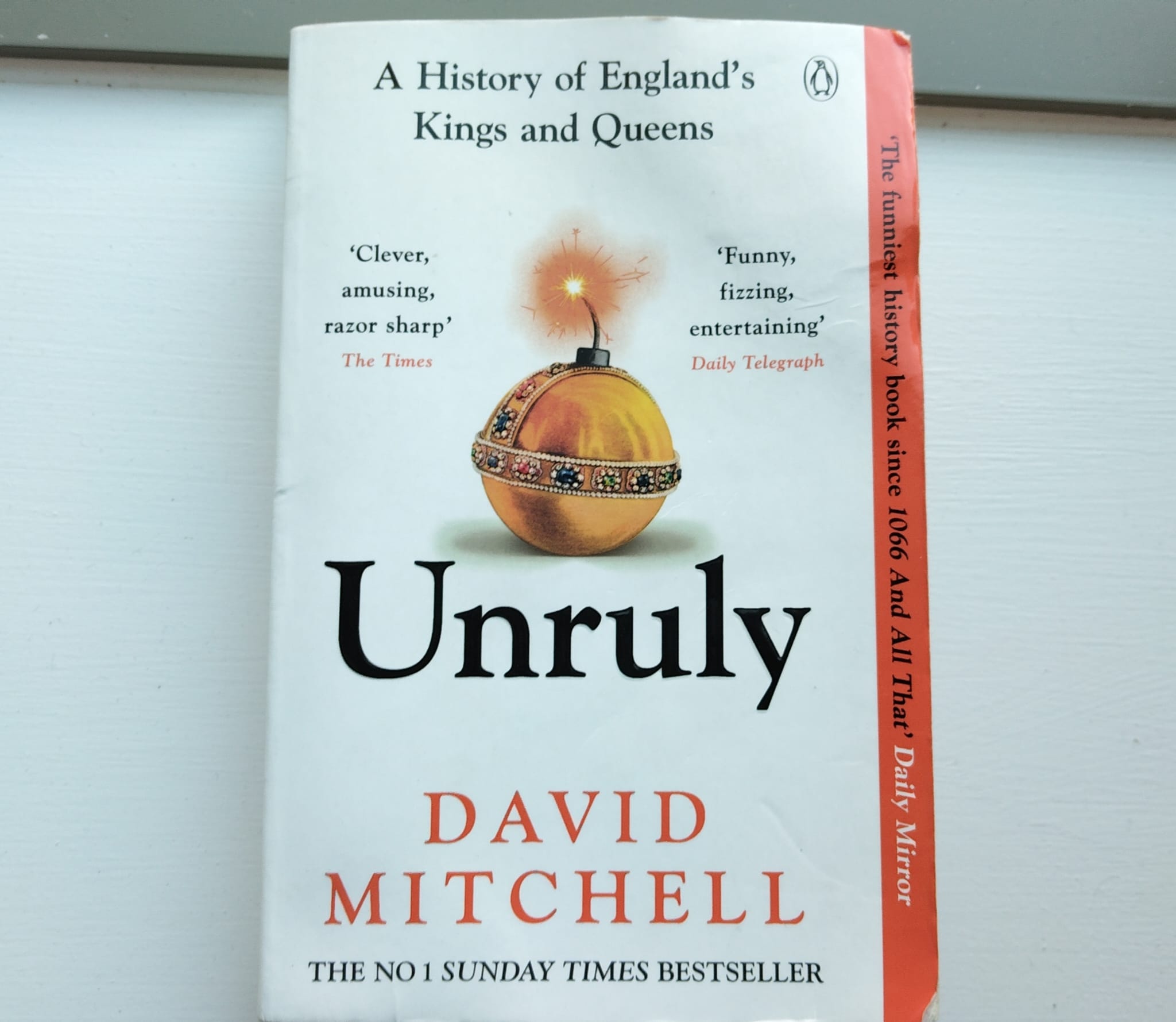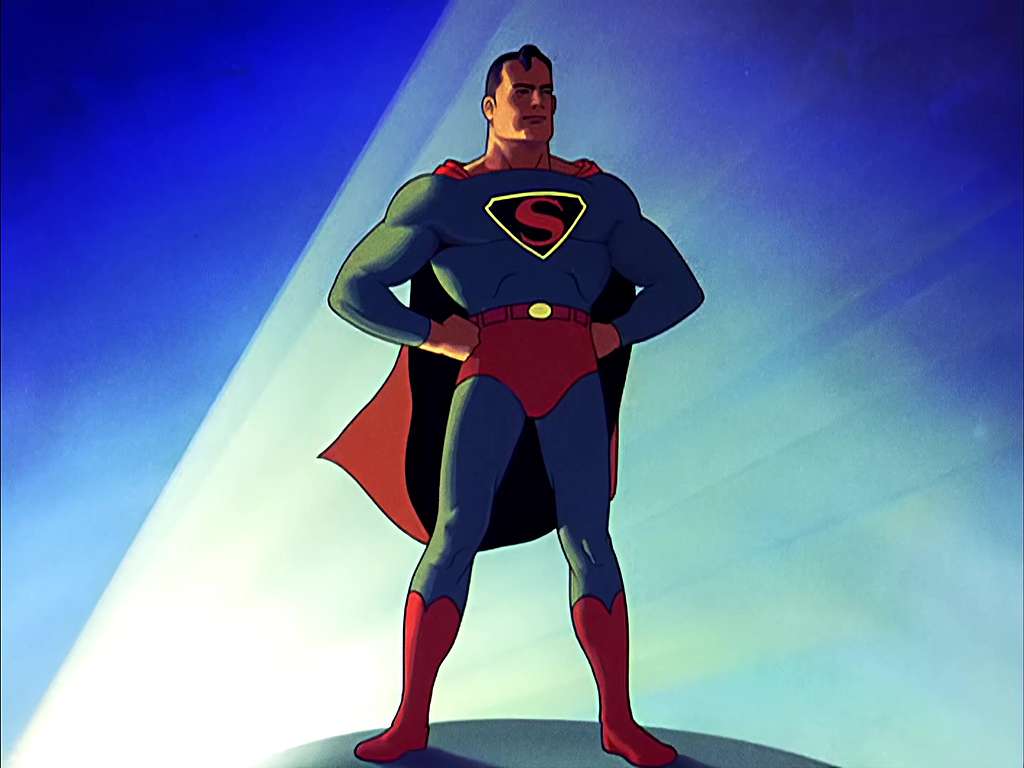
Image Credits: DearPlayers
Like the opening lyrics to her hit track Taste would suggest, Sabrina Carpenter leaves ‘quite the impression’. In fact, it’s been hard to look at X over the last year and not see the discourse surrounding the 26-year-old’s two most recent albums.
Since the beginning of her Short’n’Sweet international tour in September 2024, Carpenter has been the focus of online debate regarding the overly sexual nature of her shows. This conversation has particularly honed in on one aspect of her performances: the now infamous Juno positions.
The song itself is about being so in love with a partner that you want to get pregnant, referencing the 2007 film of the same name. On the line ‘wanna try out some freaky positions / have you ever tried this one?’, the singer would rush forward to the edge of the stage and act out a different sex position each night. This became a core feature of Carpenter’s shows, with many fans highly anticipating what position the singer would choose, and many making predictions and sharing them on social media.
However, it seems to be that the particular pose Carpenter chose for her stop in Paris was the tipping point for many. As a nod to the city she was performing in, and its most iconic landmark, the singer opted to demonstrate the Eiffel Tower position which involved her bending over between two male backup dancers. The inclusion of not just one man, but two, has led many social media users to label the performance as degrading and an objectification of women, especially since she usually performs these positions without a partner.
The main issue levelled at the singer here was that her performances are not suitable for her audience, as young girls in attendance were presented to such outward sexual references. By having done no more than listen to the album that the tour revolved around, this criticism is hard to justify. Carpenter’s whole personal branding seems to be significantly defined by euphemisms, and she is far from the only artist to make references to sex in her work. It is not Sabrina Carpenter’s responsibility to make her shows family friendly, but it is parents’ responsibility to make sure they are taking their children to age appropriate events.
The criticism of Sabrina Carpenter only worsened when she shared the release of her seventh studio album, Man’s Best Friend. The cover art she posted as part of her announcement on Instagram depicted the singer wearing a short black dress, positioned on her hands and knees while, presumably, a man holds a piece of her hair as if it were a dog’s lead. Predictably, the comments section of this post was bitterly divided, while some users expressed their excitement for the new album, plenty of comments criticise Carpenter, with some even going as far as to call the album cover ‘dehumanising for women’.
The album was released on 29th August, and just like the rest of her music, Man’s Best Friend is no more than Carpenter’s signature humour, laced with innuendos. However, rather than being a reduction of women to men’s possessions, this album comes across as a comment on the heterosexual dating experience for women. Sabrina Carpenter is simply owning her sexuality and exaggerating traditional tropes in a satirical fashion. To many young women, this singer is achingly relatable.
With the rise of purity culture across the internet, it is incredibly comforting to see a young woman in the public eye expressing herself so openly. For example, looking at the rest of the lyrics to Juno, rather than coming across as performative and appealing to the male gaze, Carpenter manages to create a sense of honesty and girlhood. The lines of the bridge ‘adore me, hold me and explore me, tell me I’m the only one’ are a reflection of what many young women desire within a romantic relationship: to feel special and valued by their partner.
Then again, this demonisation of women expressing their sexuality is certainly not a new phenomenon. I quite distinctly remember being no more than ten years old and being led to believe that another former Disney star was no better than the devil. Miley Cyrus also faced considerable criticism from the media for her 2013 single Wrecking Ball and its accompanying video’s sexual undertones.
What is particularly important to consider here, though, is that these former child stars do not have a duty to maintain a family-friendly image for the rest of their careers. So many performers have been able to distance themselves from past work without much backlash, but for some reason, this is rarely possible for former (female) child stars. Even in the case of women who are not former child stars, there is often public resistance to women owning and capitalising on their sexuality; for example, Cardi B and Megan Thee Stallion faced significant backlash following the release of WAP in 2020.
Ultimately, Carpenter put it best herself. Speaking to The Sun, she said ‘if you can’t handle a girl who is confident in her own sexuality, then don’t come to my shows’. She makes a fair point. In fact, I’d wager that she has never once given the impression that her music is intended for such a young audience – have we really already forgotten Nonsense outros? If anything, by demonising her behaviour, and that of others, we are playing into the hands of the rising purity culture that denies women such open expression of sexual liberation. People are perfectly entitled to not like what she is doing but this does not mean it’s wrong.
Young women need a positive figure to show them that sex is something that can, and should, be enjoyed and that they can discuss their bodies and feelings without shame. Through her music and performances, this is what Sabrina Carpenter is doing.






